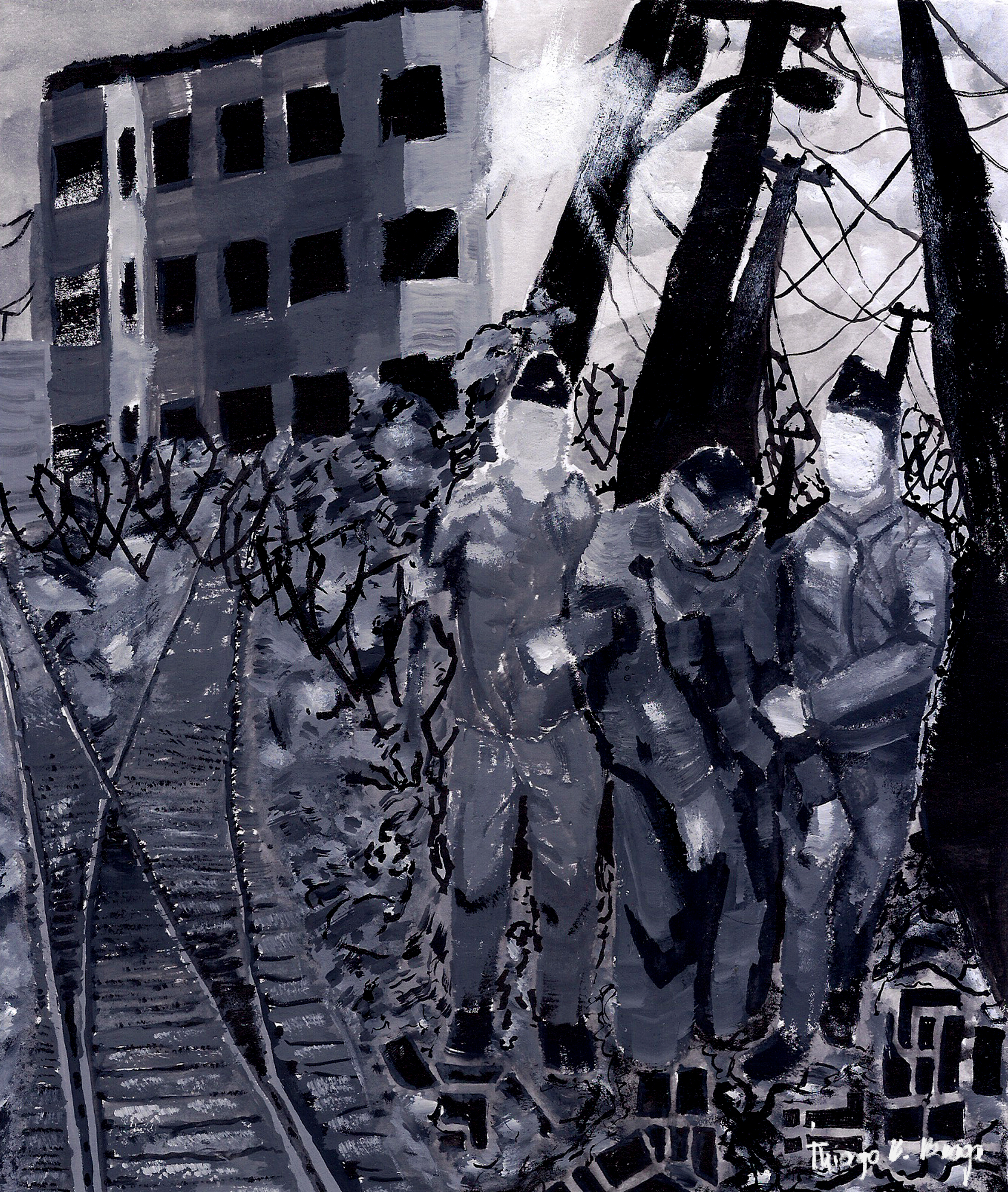BAROQUE AND ANTHROPOPHAGY: A STUDY OF THE THEATRE PLAY “NA ALDEIA DE GUARAPARIM” BY JOSÉ DE ANCHIETA
Abstract
The Baroque, although having its genesis on the european continent, lived also in other lands. In America it was also very successful as a result of the colonization process, having developed its own Baroque, be it in architecture, music, painting or literature. In Brazil, in the area of literature, for example, we have father José de Anchieta as the first representative of this style. His work reveals the dual state of the encounter between two divergent worlds, experiencing two extremes, a typically Baroque duality. His literary production is vast in the sense of the genres in which he works, he writes poems, dramas, letters, all in the service of catechization. Therefore, with pedagogical content. This text will focus on one of them, seeking to analyze the play “Na vila de Guaraparim” under the theoretical prerogatives of Oswaldian anthropophagy, treating it as a Baroque-anthropophagic work, evoking a process of cultural devouring that was undertaken by the Canarian poet. This analysis, in turn, is based on the theoretical reflections of Haroldo de Campos, Araripe Júnior, Affonso Ávila, among others.







